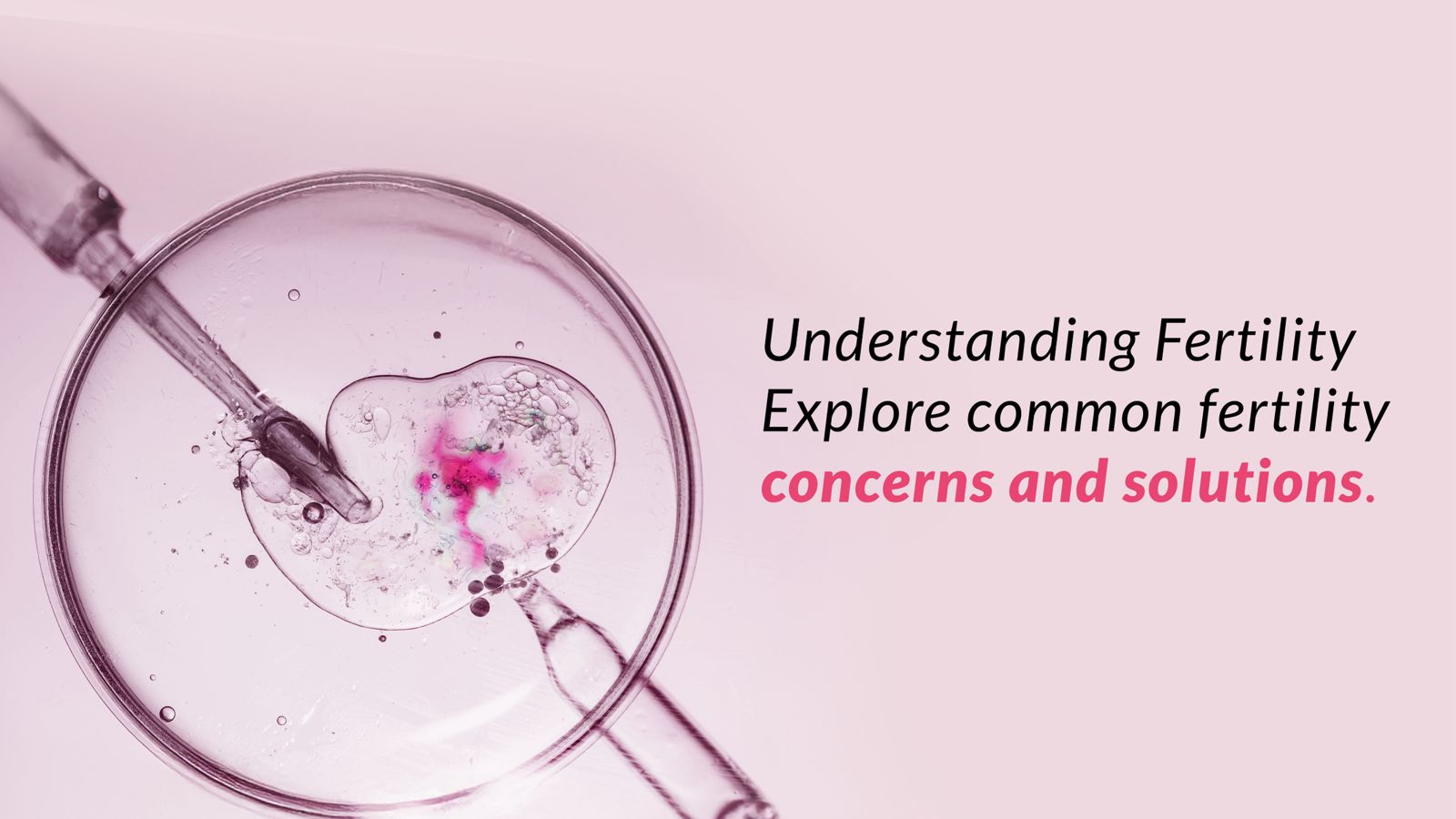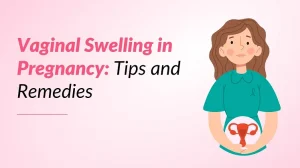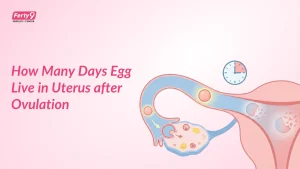Women do worry about infertility. They prefer to empower themselves more about the reproductive system. They tend to give more importance to acquiring the required knowledge about how to cope with infertility.
How to combat infertility?
1. Maintain a Healthy Environment
One’s environment does have an impact on one’s health, reproductive system, and otherwise. If one is concerned about one’s infertility, one must limit one’s consumption of alcohol. One must try to give up smoking which is supposed to disrupt hormone production. Research does indicate that female smokers are more likely to begin menopause at a younger age as compared to nonsmokers. Female smokers who become course pregnant are rather more likely to experience an ectopic pregnancy.
Also, avoid exposure to environmental problems such as pesticides, herbicides as well as industrial chemicals, which can disrupt hormones. Environmental hazard does affect one’s reproductive health and therefore it is advisable to consult a doctor.
5 Ways of Coping up with Infertility2. Maintain a Healthy Weight
Overweight and underweight women are also at risk of suffering from infertility. Consistent as well as moderate exercise is necessary for good health, but exercising to the extent that one experiences excessive loss of body fat and/or irregular menstruation is detrimental to one’s reproductive health. Most estrogen is generated by the ovaries, but 30 percent is produced also by fat cells, which get converted male hormones that are manufactured by the adrenal glands to estrogen. So extremely high or low body weight is about 10-15 percent above or below normal upsets the hormone balance and can also impact fertility.
3. Monitor Your Body
One’s weight and one’s environment are not the only things that do speak about one’s reproductive system. The hypothalamus gland controls both the stress hormones and reproductive hormones, and severely elevated stress hormone levels can also impact menstruation, which in turn does affect fertility.
One can go in for moderation of one’s stress hormones by doing activities that one enjoys and also by taking time for oneself.
Keeping an eye on one’s menstrual cycle also helps when assessing your fertility; take note of when one’s cycle starts as well as stops, and to be sure to take note of whether it is irregular or unusual in length. Many cases of infertility are caused on account of problems with ovulation, and one’s menstrual cycle could also give a clue about the status of one’s ovulation.
4. Knowledge of when to see a Fertility Specialist
One needs to feel uncomfortable about seeing a specialist Potential infertility diagnosis is conducted that includes a breast or pelvic exam, blood test, sampling cervical mucus as well as performing an ultrasound, among other possible assessment methods.
5. Decide on Your Options
If your doctor does advise that one should also consider fertility treatments, one should also ask one’s doctor about options, benefits, side effects, and also risks of the various stages of fertility treatment. Exploring the alternatives to traditional fertility treatments such as having an egg donor, adopting, or not having children is also important.
Anxiety even comes down if one discusses the infertility problem and it also lessens the disappointment. If one worries about infertility, one does not become powerless. One must be well-informed about fertility issues and also take steps towards leading a healthier life. One must focus on reproductive health.
infertility hospitals in Hyderabad





























